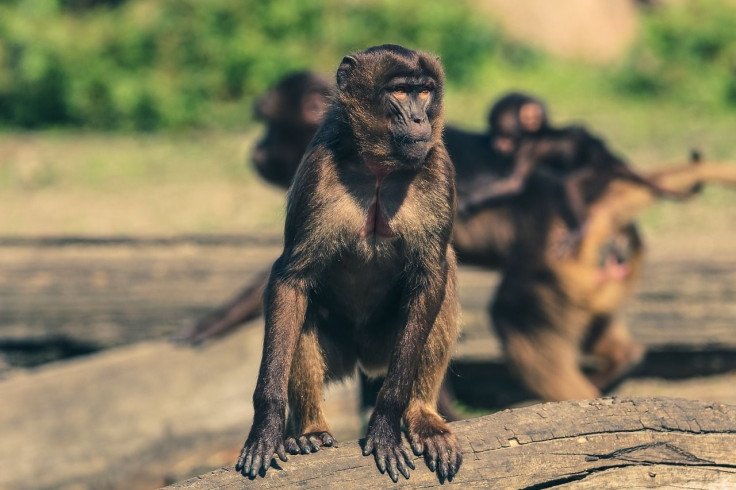Study Finds Even Animals Practice Social Distancing To Curb Diseases
KEY POINTS
- Scientists uncovered evidence that animals also maintain physical distance
- This is to diminish spreading microbes between them
- The animals used by scientists were monkeys
Scientists have uncovered evidence that even animals recognize the importance of maintaining physical distance to diminish the spread of microbes among their number. Monkeys in the wild have been observed to understand the role of diet, genetics, distance, and social groupings when it comes to microbes found inside the gut.
Social Microbial Transmission
Scientists say that social microbial transmission among animals like monkeys can help enlighten humans about how diseases spread. According to researchers, their study parallels to the current situation in which health experts are trying to comprehend how social distancing during disease outbreaks influence its transmission.
Dr. Eva Wikberg, an assistant professor in the Department of Anthropology at the University of Texas, San Antonio, co-authored the study. She is an expert on the interaction between ecology, behavior, and genetics in primates.

Gut Microbiome
All microorganisms living in the digestive tract, beginning with the stomach up to the colon, are collectively known as the gut microbiome. Over the past ten years, the microbiome has sparked the interest of the scientific community because scientists believe an unhealthy gut microbiome leads to impaired immune function and obesity. It may also cause behavioral changes and weakened parasite resistance.
Researching microbiomes, however, is hard due to the variations in the microbial composition between individuals. One long-standing question asked by scientists is whether such variation is propelled by genetic makeup, social environments, or diet. The research inquiry is particularly hard in wild populations because of the insufficiency of data necessary to disentangle the many factors shaping the microbiome.
Major Differences Were Seen
To know the answer, Dr. Wikberg and her team examined the fecal waste of 45 female colobus monkeys that gathered in eight various social groups in small Ghana forests. The researchers discovered major dissimilarities among the gut microbiomes of these social groups. Individuals from different groups, however, which are more closely linked in the social network of the population, had more similar gut microbiomes. The discovery shows that microbes may be passed on during occasional encounters with the members of other social groups.
A similar setting may be that of people coming into a one-meter distance of each other at a particular store. Accidentally brushing up against someone else or being near may be all it takes to pass on certain microbes. The findings of the study were published in the May issue of the journal Animal Behavior.
© Copyright IBTimes 2024. All rights reserved.





















